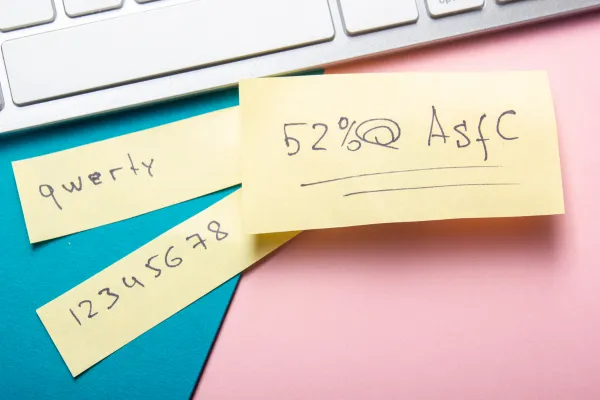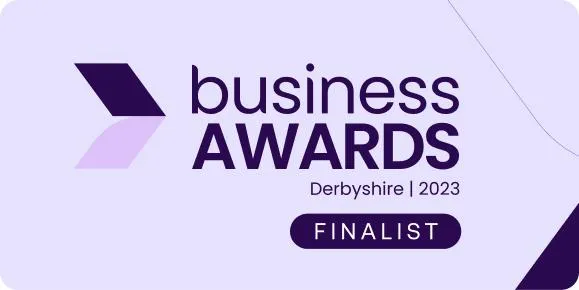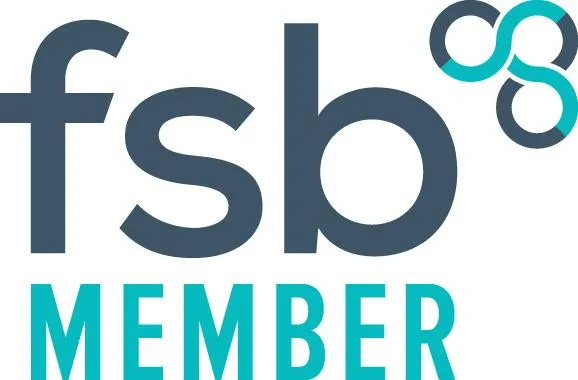Blog Posts
The one-stop place for all of your business tips, tricks, ideas and insights.

Protecting Your Data When Using A VA
One of the common concerns we come across when talking to potential clients about working with a VA, is how your data will be protected. Being insured and ICO registered is simply not enough. So, we've put together the potential risks you need to consider, and how they can be mitigated when considering a VA either with L.T. VA Services or someone else.
Identifying Potential Security Risks
1. Data Leakage: VAs often handle sensitive information, from personal data to proprietary business insights. Without proper protocols, this data can be accidentally exposed or maliciously exploited.
2. Insecure Communications: Exchanging information through unsecured channels can put data at risk of interception.
3. Insufficient Data Handling Protocols: VAs might not always be aware of the best practices for data privacy and security, leading to potential vulnerabilities.
Strategies to Mitigate Risks
Implement Rigorous Access Controls Limit access to sensitive information based on the principle of least privilege. Ensure that VAs have access only to the data essential for their tasks, and use secure methods to authenticate and authorise access. Whilst 2FA (multi-factor-authentication) can be a royal pain in the backside when delegating access to your VA, it's worth those initial bumps in the road as you try to align your availability to grant access, to know you're fully secure.
Establish Strong Security Policies Create comprehensive security policies that cover data handling, confidentiality agreements, and breach notification procedures. Ensure that all VAs are trained on these policies and understand their importance.
Use Encrypted Communication Channels Communicate with VAs through encrypted channels only, whether it's email, chat, or file-sharing services. Tools like VPNs and encrypted messaging apps can significantly enhance data security. Whatsapp is a great app to use for encryption.
Regularly Update Security Practices Cybersecurity evolves rapidly. Regular training sessions for VAs on the latest security practices and protocols are essential to keep your data protected however a good VA will be keeping up to date with this themselves. Don't be afraid to ask your virtual assistant about their cyber security training and knowledge.
Conduct Regular Audits Periodically review and audit data access and usage by VAs. This helps ensure compliance with security policies and can identify potential security gaps.
Utilise Password Managers Encourage VAs to use password managers to generate and store complex, unique passwords for different accounts. This reduces the risk of password reuse and ensures that passwords are difficult to crack. Provide guidelines on choosing reputable password managers and implementing them securely. At LTVA, we love 1Password.
Working with Virtual Assistants offers numerous benefits, but it also requires careful attention to data security. By implementing these strategies, businesses can significantly reduce the risks and ensure that their sensitive information remains protected. Remember, data security is a continuous process that requires vigilance and adaptation to new threats.
Contact Us
Alton Office | Ednaston Park | Business Centre | Painters Lane| Ashbourne, Derbyshire | DE6 3FA
L.T. VA Services Ltd is a company registered in England and Wales with company number 13629800




